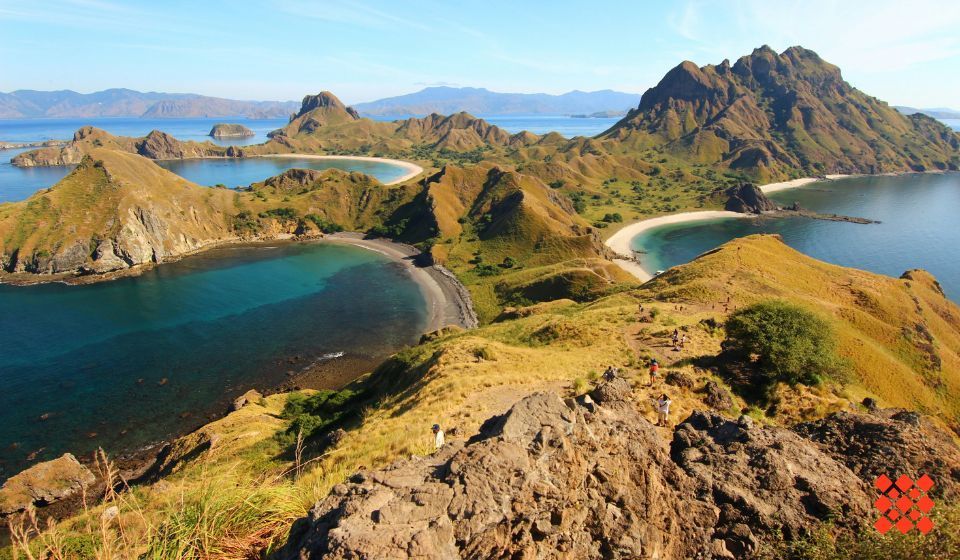Environmental violations in Indonesia
The palm oil and timber industries are often entangled in environmental violation cases. Due to the widespread use of palm oil and timber in global supply chains, companies can be directly or indirectly exposed to unlawful and environmentally hostile practices.
Environmental violations can infiltrate the supply chain through various stages of production, sourcing, and distribution. For example, companies may source raw materials from suppliers known for engaging in illegal logging, deforestation, or polluting practices. In addition, the lack of supply chain transparency can obscure this information, with environmental violations going in many cases unnoticed. Extensive supply chains involve multiple layers of suppliers, making it challenging for companies to monitor each one of them thoroughly. Finally, the demand for high-volume production at low costs often pushes suppliers to take shortcuts and show poor compliance with environmental regulations.
In some regions, weak or ineffective environmental regulations and enforcement can allow companies to get away with violating environmental standards without significant consequences. Namely, Indonesia has been criticized for having in place insufficient punishing measures, specifically low penalties, which fail to deter companies from committing environmental violations.

Korindo Group PT
A company that has caused controversy is South Korean-founded, Indonesia-based conglomerate Korindo Group PT. Korindo is a producer, processor, and manufacturer of various products, including wind towers, battery separators, specialized container vehicles, and cast iron products. It has plantations of palm oil and timber.
Korindo controls more land in the Papua region than any other conglomerate and is said to have cleared nearly 60,000 hectares of forests inside its government-granted concessions — an area the size of Chicago. According to reports from investigative journalists, the company used circular shareholdings during its rapid expansion in Papua and North Maluku provinces. It would obtain permits to several plots of land, directly from the government, through three companies it set up in Indonesia. All three were owned by a maze of other companies registered in Indonesia, Singapore and the British Virgin Islands.
Korindo controls is said to have cleared nearly 60,000 hectares of forests inside its
government-granted concessions.
Community farms and forests destroyed
Reportedly, the Korindo conglomerate, and its financiers, which include Bank Negara Indonesia (BNI), have obtained permits for logging and palm oil operations in North Maluku in violation of Indonesian laws through subsidiary PT Gelora Mandiri Membangun. This has led to the destruction of community farms and forests without the consent of landowners. In many cases, Korindo’s land-grabbing practices were not accompanied by fair compensation.
Furthermore, local communities have reported incidents of harassment and mistreatment from policemen who “work” for the conglomerate. These incidents include forced evictions, intimidation, and violent tactics to suppress opposition to the company's operations.
The Responsible Cobalt Initiative
After two years of investigation, the International Board of Directors of the Forest Stewardship Council (FSC) – a global certification body on responsible forest management – exposed Korindo’s massive-scale deforestation in Papua and North Maluku, after NGO Mighty Earth filed a complaint. Also, Korindo had been using FSC’s eco-forestry label to greenwash its practices. The investigation found that the company had been deliberately setting the forests on fire in violation of the FSC’s rules. Korindo was also found responsible for the destruction of critical wildlife habitats and the violation of the local population’s human rights. According to BBC, the company sent threats to the FSC in 2018. As a result, the final report was never published officially. Unsurprisingly, the company has received a score of 38% on the Forest 500 index based on its poor commitment strength, reporting and implementation, and social considerations.
Consequently, companies that use palm oil sourced from Korindo could be indirectly supporting unsustainable practices. The company is known to sell its timber, plywood, pulpwood, biomass, and newsprint to Asia Pulp & Paper, APRIL, Sumitomo Forestry, Oji Corporation, and News Corps Australia.
Many consumer goods companies have faced pressure from consumers and activists to address their supply chains' environmental and social impacts, and this includes evaluating their connections to companies like Korindo.
Evidencity conducts in-house research on TruthSeeker, researching companies and individuals of global economic interest.



